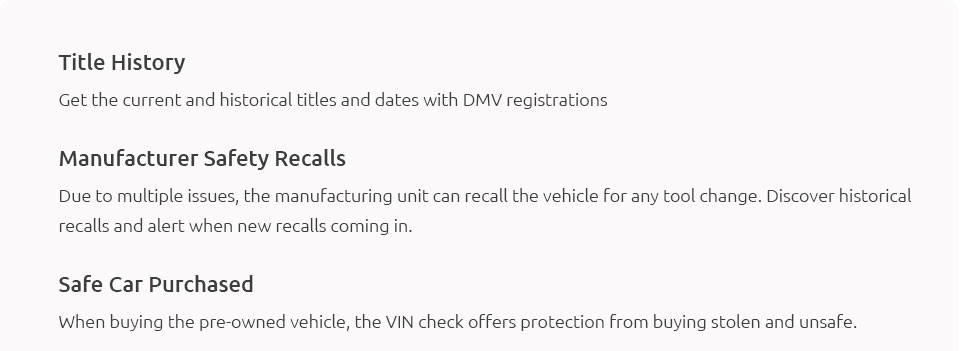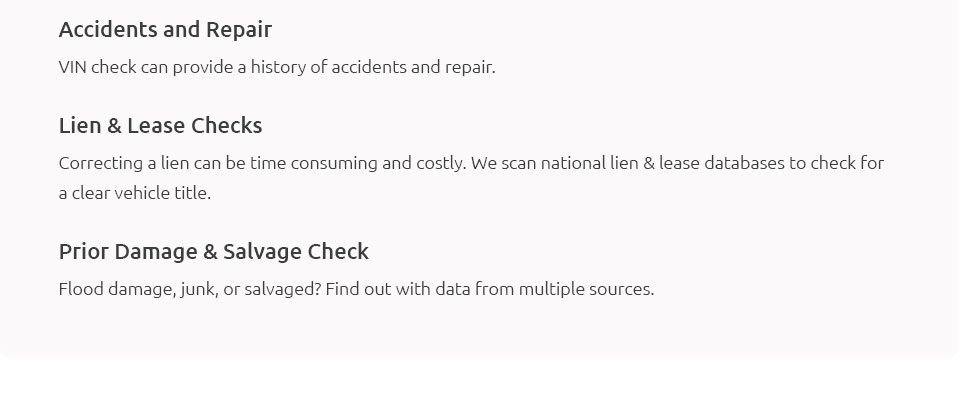 |
 |
 |
 |
 |
||
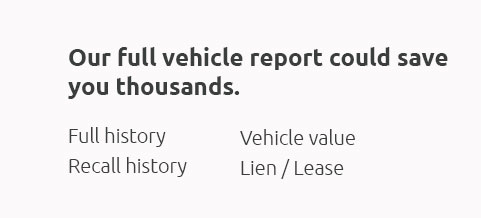 |
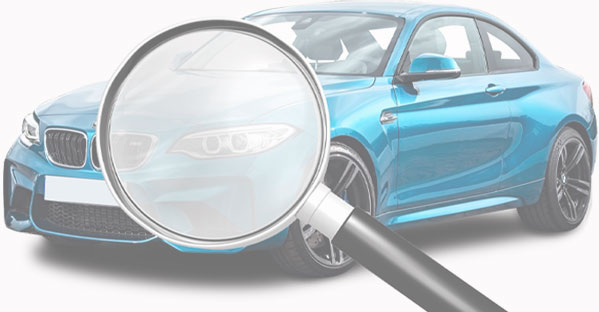 |
|
 |
 |
|
 |
 |
 |
 |
||
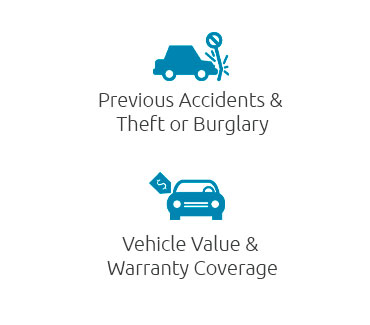 |
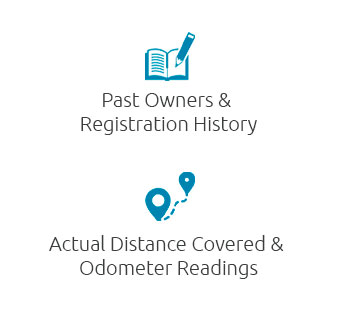 |
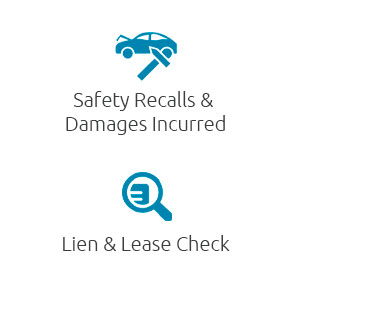 |
 |
 |
 |
||||
|
||||
 |
 |
Understanding VW VIN LookupThe vehicle identification number, or VIN, serves as the unique fingerprint of any automobile, encapsulating a plethora of information that is both fascinating and invaluable to car enthusiasts, potential buyers, and even everyday owners. When it comes to Volkswagen (VW) vehicles, the process of decoding this 17-character alphanumeric code can unveil a treasure trove of details about the car's history, manufacture, and specifications. Delving into a VW VIN lookup can reveal significant information ranging from the car's year, model, and place of manufacture, to intricate details like engine type and factory-installed options. This capability is not just a nifty tool for car aficionados but an essential resource for anyone considering purchasing a used VW, where understanding the vehicle's past can preempt future headaches. So, how does one navigate the labyrinthine world of VIN lookup? The process is surprisingly straightforward, yet it requires some guidance to make the most of this tool. Firstly, locating the VIN is the initial step. For most VWs, the VIN can be found on the driver's side dashboard, visible through the windshield, or on the driver’s side door jamb. Once you've located this identifier, numerous online services can assist you in decoding it. Upon entering the VIN into a lookup tool, you will gain access to a report that may include crucial information such as accident history, title records, and recall information. This is particularly important when considering a used vehicle purchase, as it provides insights into whether the car has been in any significant accidents or has unresolved recalls. It’s a safeguard against potential pitfalls that could otherwise lead to unforeseen expenses. The practicality of a VW VIN lookup cannot be overstated, especially when contemplating a purchase. It acts as a second set of eyes, offering a layer of transparency that is rare in the car buying process. In this era of digital information, being equipped with such knowledge places buyers in a position of power, allowing them to make informed decisions.
For those intrigued by the ability to decode other types of vehicles, it’s worth exploring a mobile home VIN lookup in Florida or even a Honda ATV VIN check. Each of these tools offers specialized insights pertinent to different vehicle types, but the foundational principles remain the same. In conclusion, a VW VIN lookup is more than a cursory glance at a vehicle's past; it is a comprehensive insight into the life of the car, providing a degree of certainty in an otherwise opaque process. Whether you are a seasoned car enthusiast or a first-time buyer, understanding how to leverage this tool can significantly enhance your purchasing journey, ensuring that the vehicle you choose is precisely what you expect. https://www.vwvortex.com/threads/vin-decoder-for-vws.7042846/
If you have a service or parts person at a VW store you chummy with, give them your VIN. Both service and parts have a system that gives them a ... https://www.vinaudit.com/vin-decoder/volkswagen
How to get a VW vehicle history report using the VinAudit VIN Decoder? - Find the Volkswagen VIN number. - Enter the Volkswagen VIN number accurately into the ... https://www.jbugs.com/category/vw-vin.html?srsltid=AfmBOorXRQ4oWbXV-5iMaLpvSwCYXmy5TyRAx7PWiH_l43xWh62AAFP4
Select your VW model below & enter your VIN to view VW Identification information referencing VW Years, Model, Chassis Number, and Engine Number.
|

